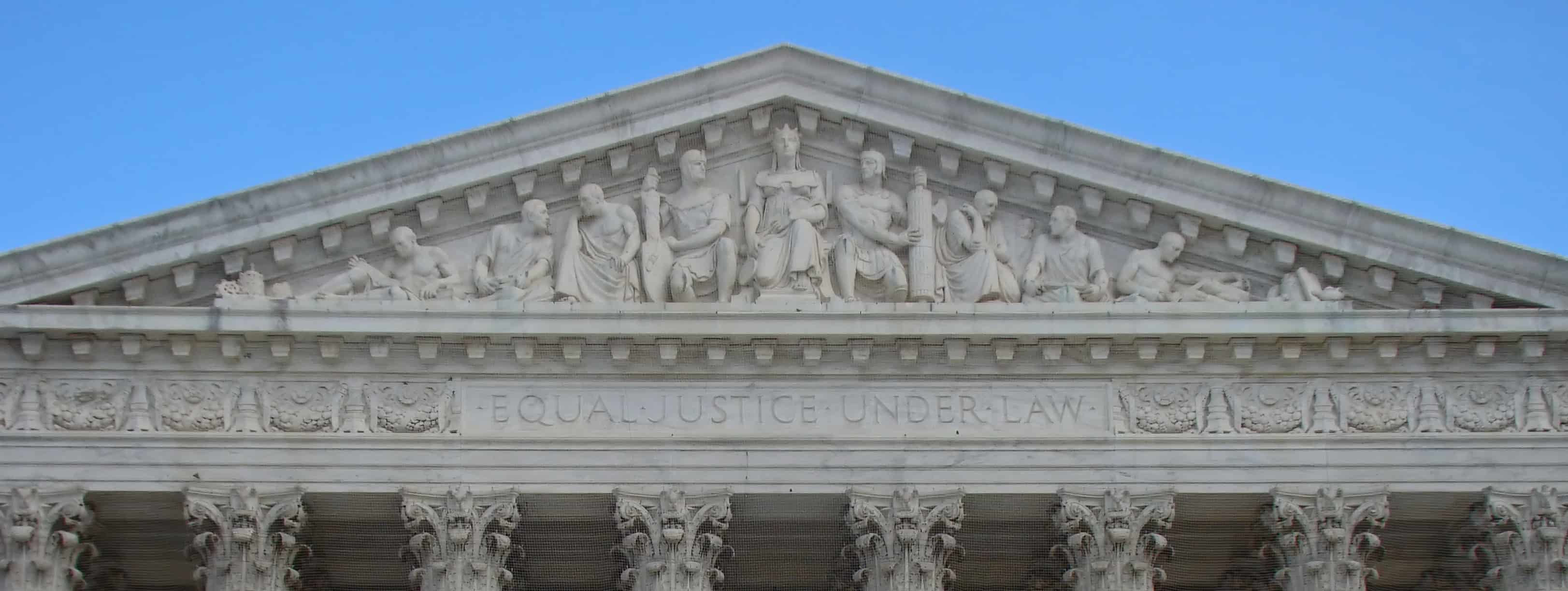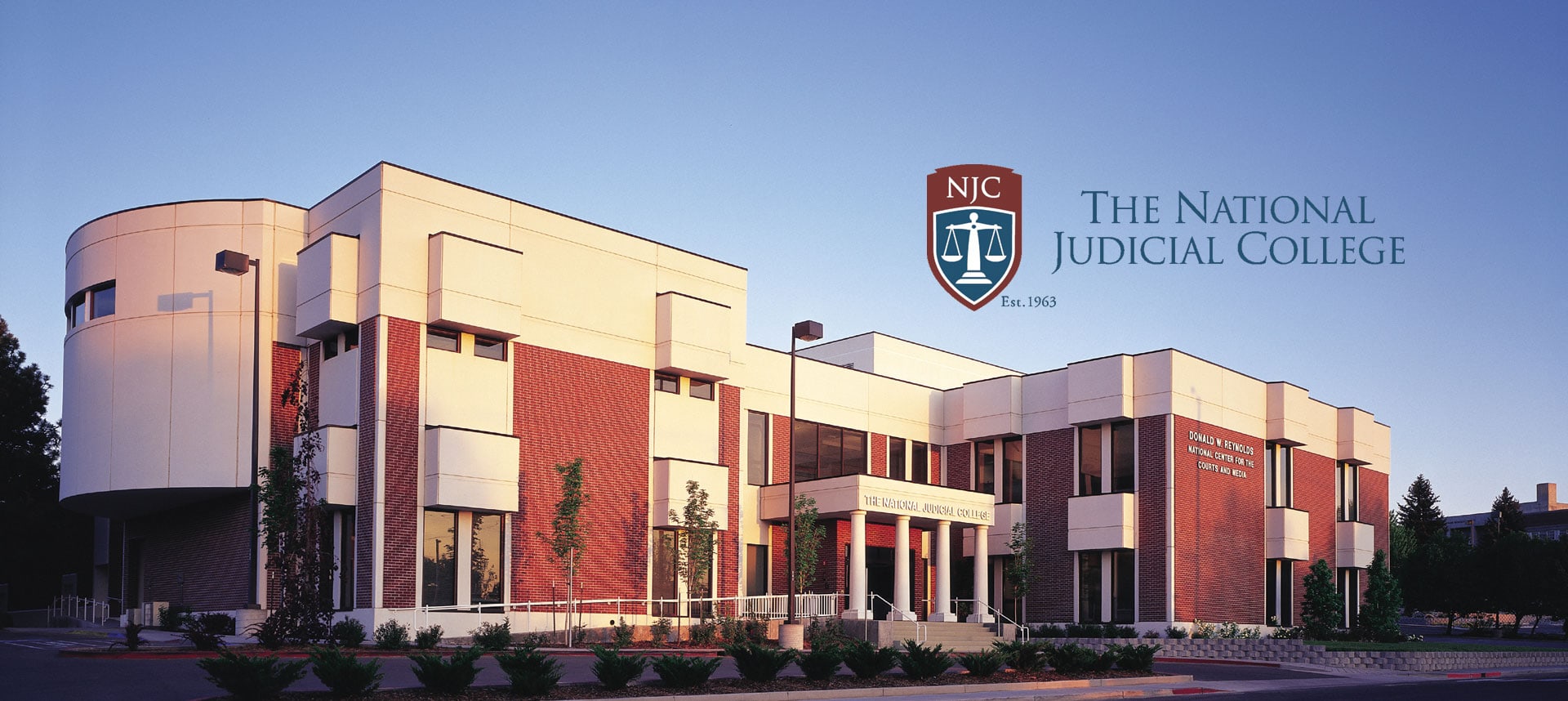
RENO, Nev. (July 31, 2019)—A survey of hundreds of judges nationally identified Earl Warren, who wrote the majority opinion in the landmark civil rights case Brown v. Board of Education (1954), as the all-time most consequential chief justice of the United States.
The unscientific survey was conducted via an email sent to all National Judicial College alumni just before the July 4th holiday. The College, the nation’s oldest, largest and most widely attended school for judges, allowed judges to vote for up to three of the 17 chief justices. The 377 judges who participated cast 842 total votes.
Many legal historians consider the fourth and longest-serving chief justice, John Marshall, to have been the most impactful because he wrote the majority opinion in Marbury v. Madison (1803), which established the supremacy of the high court in matters of constitutionality. But Marshall finished a close second in the poll with 263 votes.
Third place, with 81 votes, went to Warren Burger, who succeeded Earl Warren in 1969 and led the court until 1986.
Read a more detailed summary of the results, including judges’ comments, here.
Each month the NJC emails a one-question survey to more than 12,000 judges nationally who have attended its courses for new and experienced judges. The poll often asks their opinion on an issue of the day.
—30—
Created more than a half-century ago at the recommendation of a justice of the Supreme Court of the United States, The National Judicial College remains the only educational institution in the United States that teaches courtroom skills to judges of all types from all over the country, Indian Country and abroad. Judges served by this nonprofit and nonpartisan institution decide more than 95 percent of the cases in the United States.

The Hon. Mary-Margaret Anderson (Ret.), a retired administrative law judge with the California Office of Ad...

Happy October, Gaveliers faithful. Are you loving this or what? No one believed a team made up of judges...


Hon. Diane J. Humetewa, the first Native American woman and the first enrolled tribal member to serve as a ...

Retired Massachusetts Chief Justice Margaret H. Marshall has been selected as the 2024 winner of the presti...